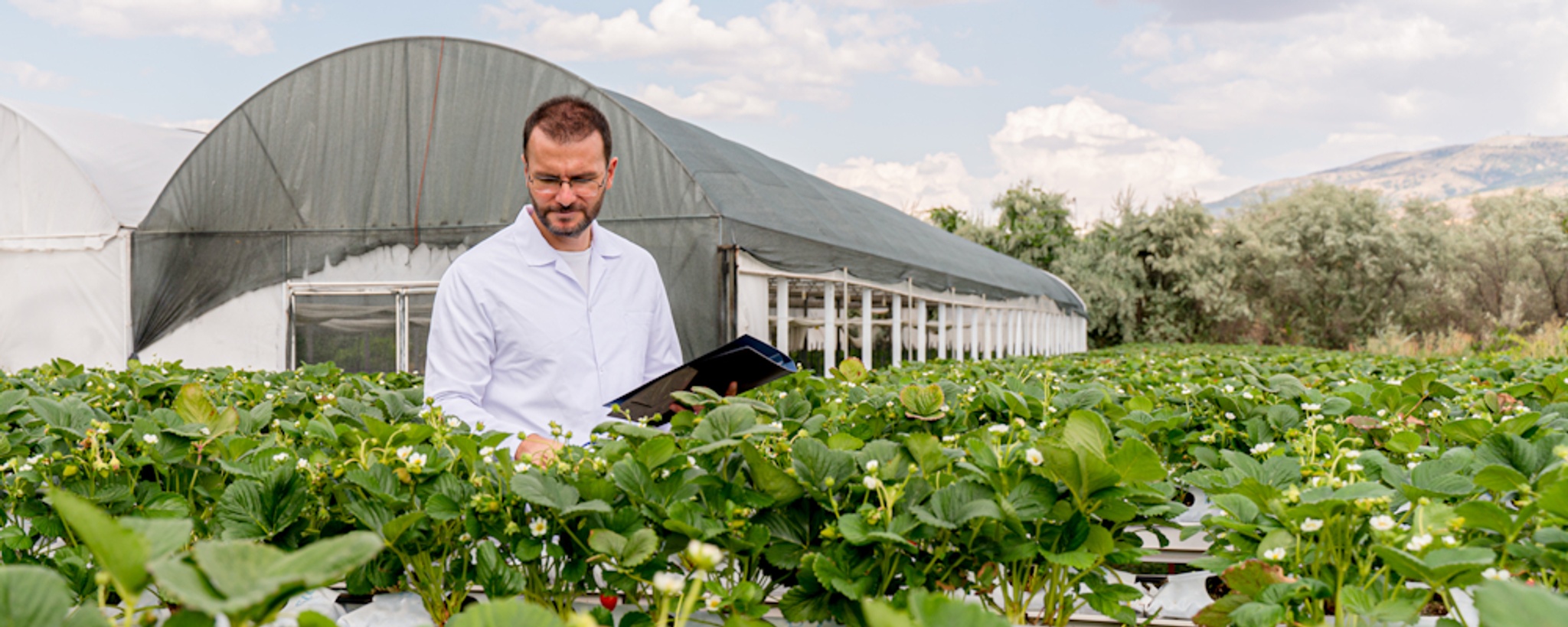Agricultural Biotech
Navigate forward to interact with the calendar and select a date. Press the question mark key to get the keyboard shortcuts for changing dates.
Navigate backward to interact with the calendar and select a date. Press the question mark key to get the keyboard shortcuts for changing dates.
Innovation is essential to promoting human health, agricultural productivity, and ecological sustainability. In the area of agricultural biotechnology, ITIF supports advances in plant and animal biotechnology to increase agricultural productivity and sustainably boost production of food, feed, and fiber.
Featured
More Publications and Events
July 15, 2025|Blogs
Sustaining the Goose That Lays Golden Eggs: How to Continue Miraculous Biotech Advances
The last three administrations have mandated updates and improvements to reduce unjustified regulatory burdens on biotech innovations, but only small steps have been taken where large ones are required, and the present turmoil threatens to impede improvements.
January 3, 2025|Blogs
2024 in Review—an Age of Miracles in Agricultural Biotech
2024 showcased breathtaking biotech breakthroughs—from mucosal immunity to gene-edited organ transplants—proving the future of innovation is brighter than ever, if we overcome the obstacles holding it back.
September 16, 2024|Blogs
Fact of the Week: AI Rice Farming Technology in Nigeria Reduces Water Use by 30 Percent
A new irrigation technology incorporating AI sensors reduces water use by 30 percent and methane emissions by 47 percent compared to continuous irrigation methods.
June 7, 2024|Blogs
Mexico, Maize, and Food Sovereignty
Mexico's newly elected president, Claudia Sheinbaum, can reverse President Andrés Manuel López Obrador's anti-innovation policies toward genetically modified maize, and improve the lives of small farmers across Mexico.
March 19, 2024|Op-Eds & Contributed Articles
Biotech Matters: Innovation in Agricultural Biotechnology
As L. Val Giddings writes for the Center for a New American Security, thanks to technological advances and sound policies, the United States quickly emerged as the global leader in agricultural biotechnology innovation.
February 23, 2024|Books & Edited Volumes
Overcoming Obstacles to Gene-Edited Solutions to Climate Challenges
Gene editing and genetic modification hold enormous potential to deliver solutions to multiple climate change challenges. The most important rate-limiting obstacles impeding their development and deployment are not technical, but rather counterproductive policies and regulations. These are driven in part by the mistaken apprehension of widespread public opposition. These obstacles are described and solutions to overcoming them are presented.
February 23, 2024|Books & Edited Volumes
Innovations Like These Will Help Solve the Climate Crisis: Introduction to “Synthetic Biology and Greenhouse Gases”
The landscape is rich with opportunities for gene-editing solutions to address many of the challenges of climate change. But which should be pursued first, and how can they best be galvanized?
August 22, 2023|Op-Eds & Contributed Articles
Green Transition: How Agriculture Can Drive Climate Change Solutions
Trying to force the green transition with government regulations, subsidies, and exhortation will not work. The economic reality is that clean energy technologies must reach price/performance parity with dirty energy (P3).
August 4, 2023|Blogs
Biological Solutions to Climate Challenges Deserve More Attention
Clean energy technologies need to reach price/performance parity with dirty energy—and biology may well be the most promising source for innovations that can achieve that goal.
January 27, 2023|Testimonies & Filings
Comments to OSTP Regarding Revisions to the Coordinated Framework for the Regulation of Biotechnology
Biotechnologies have seen remarkable, rapid advances and the discovery and development of powerful new techniques. But nothing has changed that presents new or unique hazards, and the same steps long required to streamline and improve relevant regulations remain valid, albeit even more urgent than before.





